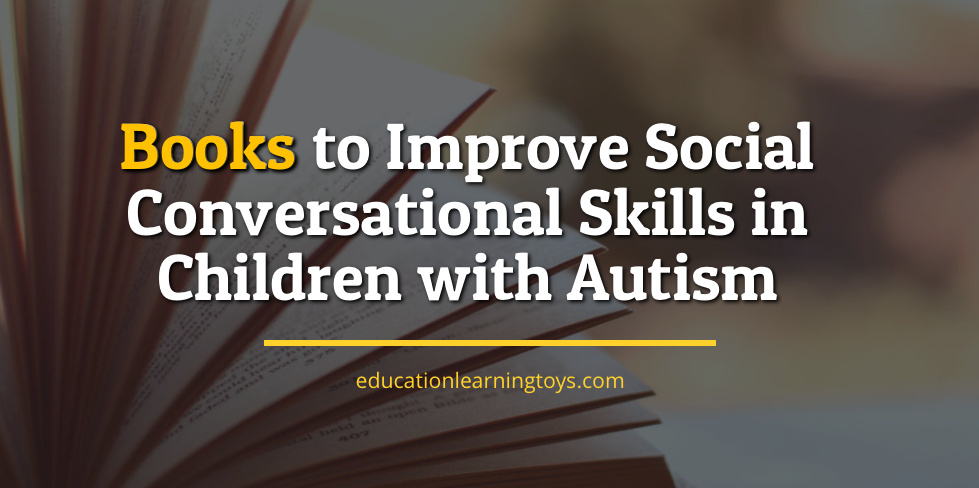Most parents and teachers and healthcare workers who work with children with autism, are aware that a child with autism can often struggle with their social skills, conversational skills and communicating with others. There are some book suggestions here that have some useful hints, tips, techniques and worksheets to help:
There’s a 2015 book by Dr. Victoria L. Dunckley called Reset Your Child’s Brain: A Four-Week Plan to End Meltdowns, Raise Grades, and Boost Social Skills by Reversing the Effects of Electronic Screen-Time. The book is an audio book, that is narrated by Coleen Marlo. The book is for 11 hours and 58 minutes.
This book suggests that children who have been diagnosed with autism, or ADHD or bipolar may be medicated and don’t respond as well to treatment as people would hope. She suggests that everyday devices such as computers, video games, smartphones and tablets can overstimulate a child, and cause Electronic Screen Syndrome (ESS).
A book which can specifically help teachers to run structures social skills groups is Talkabout: A Social Communication Skills Package by Alex Kelly. The type of things that this book includes are sections on me and you, communication, body language, the way we talk, assertiveness, and the book includes 120 sheets that may be photocopied and used in classes; it’s a really practical resource, suitable for children aged 5-12years.
There’s the Social Skills Handbook for Autism: Activities to Help Kids Learn Social Skills and Make Friends (Autism Spectrum Disorder, Autism Books) by Catherine Pascuas. There are practical approaches to help children deal with bullying, so that they become empowered and the book can act as a trusty guide for parents and teachers. The book includes a chapter on autistic children who are non-verbal, so this can be helpful. It’s a useful book for teachers, with group activities and games too.
There’s a 2014 hardback book by Joel Shaul called The Conversation Train: A Visual Approach to Conversation for Children on the Autism Spectrum which has lots of colourful images, and uses the metaphor of a train, to teach basic conversation to children with autism. The comparisons it makes are that greetings are like the engine of a train, they get the train started along the track. Freight wagons are similar to different people chipping in as part of the conversation and it’s good to have a few of these in a conversation. There are points that help a train move to another track, and this is similar to a tactful change of topic. If a conversation veers off topic completely, this is like a derailed train. The book also contains worksheets and colouring pages. The book is appropriate for children age 5-13 years old.
Helping a child with autism to develop their social skills will help in almost every life situation; they’ll be able to make friends more easily, get along with school colleagues, and later work colleagues. Form meaningful relationships with parents, teachers, friends, and siblings. Behave in socially acceptable ways in public, and communicate with greater ease, which will lead to less frustration and meltdowns. Therefore these books which help children with their social skills are a huge benefit.




